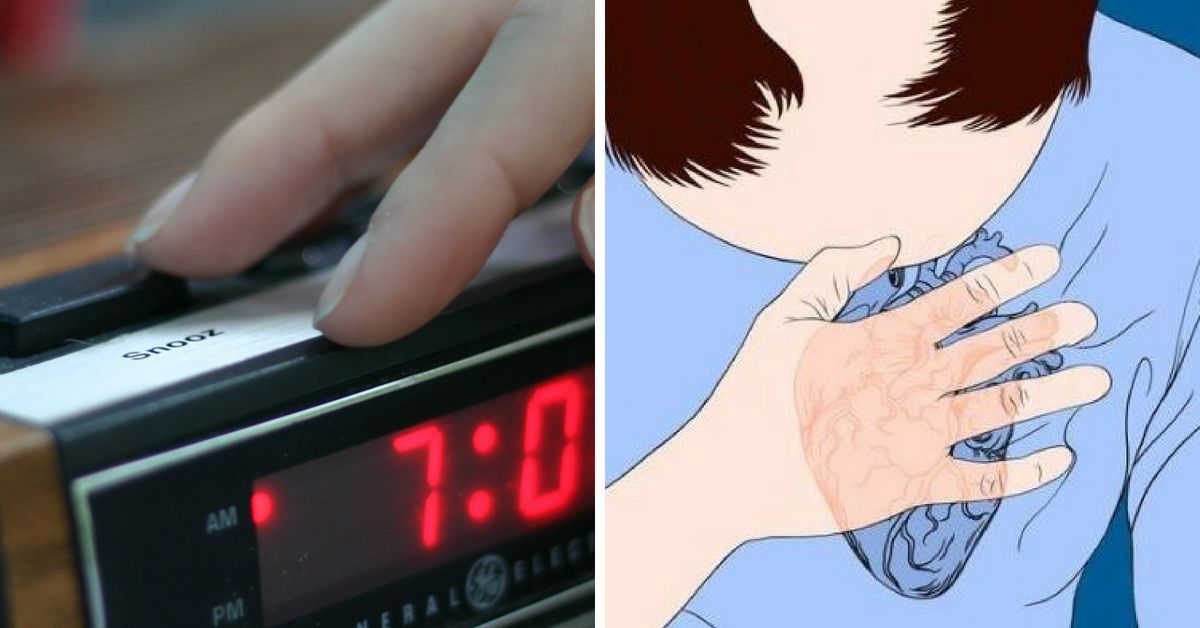

In fact, among the most active respondents - those with an average daily step count of 12-16,000 - 49% rarely snooze. More activity = less snoozingĪctivity also correlates with the propensity to snooze. Additionally, while only about 30% of users aged 20-29 rarely snooze, 54% of users aged 50-59 regularly resist the snooze button. In fact, while 26% of respondents aged 20-29 snooze at least 3 times, less than 10% of respondents in each age group over 50 do the same. Snoozing seems to correlate with age: the younger we are, the more we hit the snooze button. So while hitting “snooze” might not be as widespread of a habit as we thought, quite a few people hit that button multiple times each morning. In a survey of almost 20,000 people, we found that about half of all respondents resist the snooze button, or don’t use an alarm at all, while the remaining 50% do.Īdditionally, 35% snooze just once or twice, while the remaining 15% snooze 3 or more times.

Read on for an in-depth look at our users’ snoozing habits. But despite the allure of snoozing, research shows that it might actually be harmful to your overall health. In the midst of the noise, you can think of nothing better than hitting that snooze button for a few extra minutes of sweet sleep. It’s pitch black out when your alarm clock goes off.


 0 kommentar(er)
0 kommentar(er)
